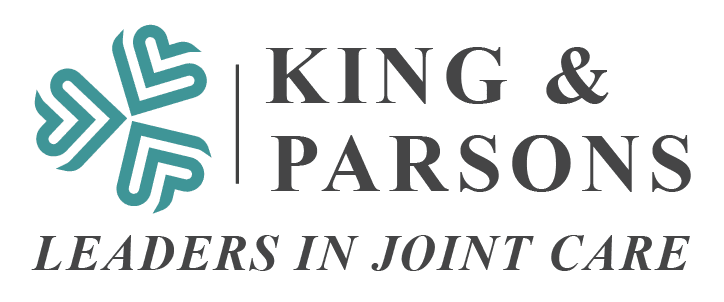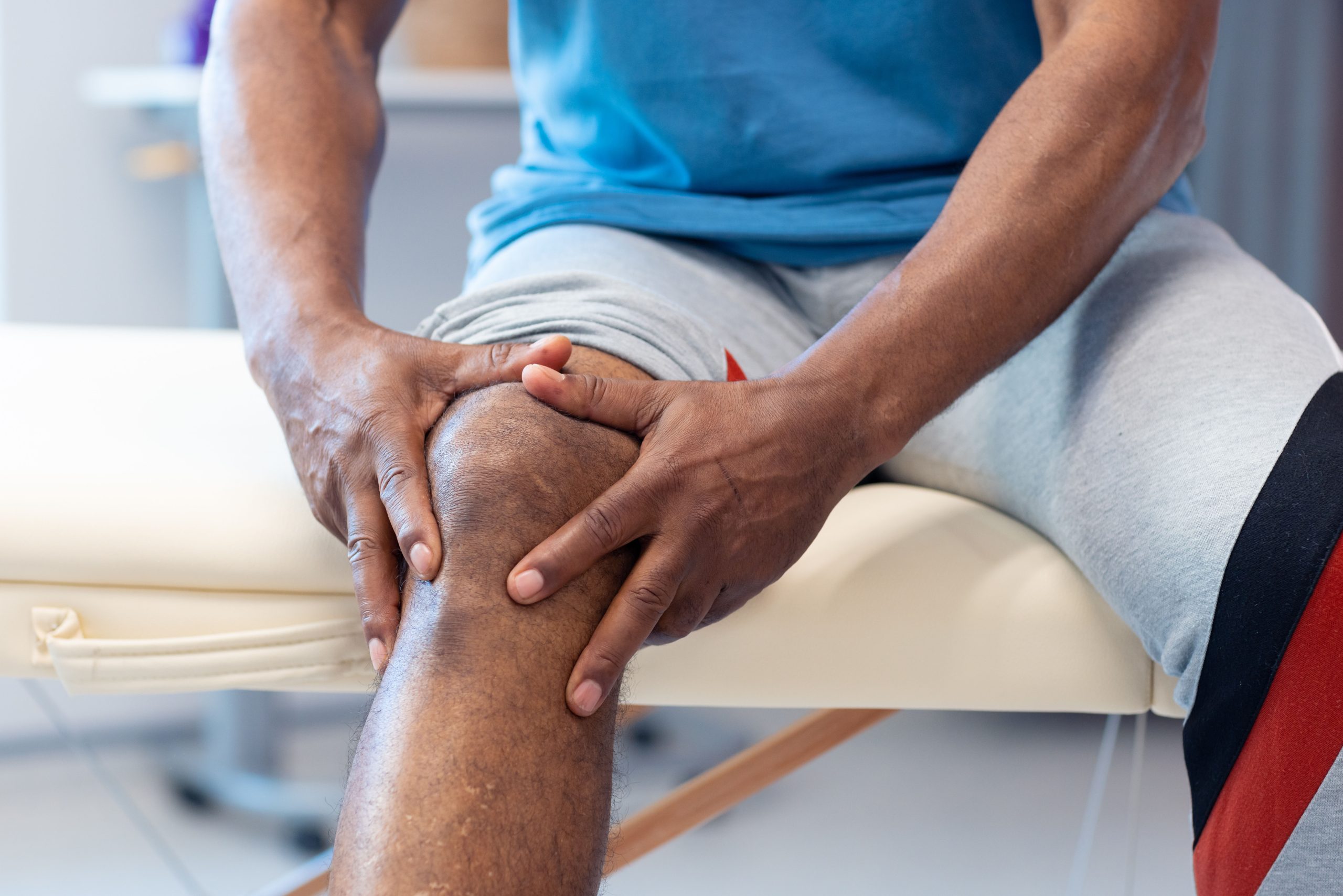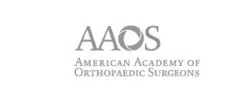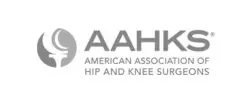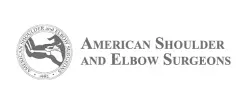Total knee replacement (TKR) surgery offers relief and improved function for individuals with debilitating knee conditions. However, successful recovery relies not only on the surgery itself but also on effective pain management during the rehabilitation period. Multimodal analgesia, coupled with opioid-sparing techniques such as Exparel, has emerged as a pivotal strategy to optimize post-operative comfort and expedite recovery for TKR patients. In this article, we delve into the benefits of multimodal analgesia and the integration of opioid-sparing techniques like Exparel in enhancing outcomes after TKR.
Understanding Multimodal Analgesia and Opioid-Sparing Techniques: Multimodal analgesia entails the utilization of various analgesic agents and techniques to target pain through multiple pathways, aiming to provide comprehensive pain relief while minimizing opioid consumption. Opioid-sparing techniques, such as the use of long-acting local anesthetics like Exparel, further reduce the need for opioids by providing sustained pain control at the surgical site.
Key Components of Multimodal Analgesia and Opioid-Sparing Techniques:
-
Nonsteroidal Anti-Inflammatory Drugs (NSAIDs) and Acetaminophen: NSAIDs and acetaminophen serve as foundational components of multimodal analgesia, offering effective pain relief by reducing inflammation and modulating pain perception. These medications help minimize the need for opioids while providing adjunctive analgesia during the post-operative period.
-
Peripheral Nerve Blocks: Peripheral nerve blocks, such as femoral nerve blocks and adductor canal blocks, target specific nerve pathways to block pain signals from reaching the brain. These techniques offer localized pain relief and facilitate early mobilization and physical therapy, promoting faster recovery.
-
Exparel (Bupivacaine Liposome Injectable Suspension): Exparel is a long-acting, liposomal formulation of bupivacaine that provides extended pain relief by gradually releasing the medication at the surgical site over several days. By delivering sustained analgesia directly to the affected area, Exparel reduces the need for opioids and enhances post-operative comfort without compromising motor function or sensation.
Benefits of Multimodal Analgesia and Opioid-Sparing Techniques After TKR:
-
Enhanced Pain Control: Multimodal analgesia, supplemented by opioid-sparing techniques like Exparel, offers superior pain relief compared to traditional opioid-based regimens. By targeting pain through multiple mechanisms and providing sustained analgesia at the surgical site, this approach optimizes patient comfort and facilitates early mobilization and rehabilitation.
-
Reduced Opioid Consumption: By minimizing the reliance on opioids for pain management, multimodal analgesia and Exparel help mitigate the risks associated with opioid use, including respiratory depression, sedation, nausea, and constipation. Reducing opioid consumption also decreases the likelihood of opioid-related adverse effects and dependency, promoting a safer recovery experience for TKR patients.
-
Faster Recovery and Rehabilitation: Effective pain management is instrumental in facilitating early ambulation, muscle strengthening, and functional restoration following TKR surgery. Multimodal analgesia and Exparel support accelerated recovery by minimizing pain, enabling patients to participate more actively in rehabilitation activities, and expediting their return to daily activities and functional independence.
-
Improved Patient Satisfaction: By minimizing post-operative pain and opioid-related side effects, multimodal analgesia and Exparel contribute to overall patient satisfaction and a positive surgical experience. Enhanced comfort, faster recovery, and reduced reliance on opioids align with patient preferences and expectations, fostering greater satisfaction with the treatment process and outcomes.
Multimodal analgesia, augmented by opioid-sparing techniques such as Exparel, represents a paradigm shift in post-operative pain management after TKR surgery. By combining various analgesic agents and localized interventions, this approach optimizes pain relief, minimizes opioid consumption, and accelerates recovery, ultimately improving patient outcomes and satisfaction. As healthcare providers continue to prioritize patient-centered care and evidence-based practices, the integration of multimodal analgesia and opioid-sparing techniques stands out as a cornerstone in enhancing the recovery journey for TKR patients, ushering in a new era of optimized pain management and expedited rehabilitation.
Learn more about the A.V.A.T.A.R program
here.
Listen to what our past patients are saying
here!
